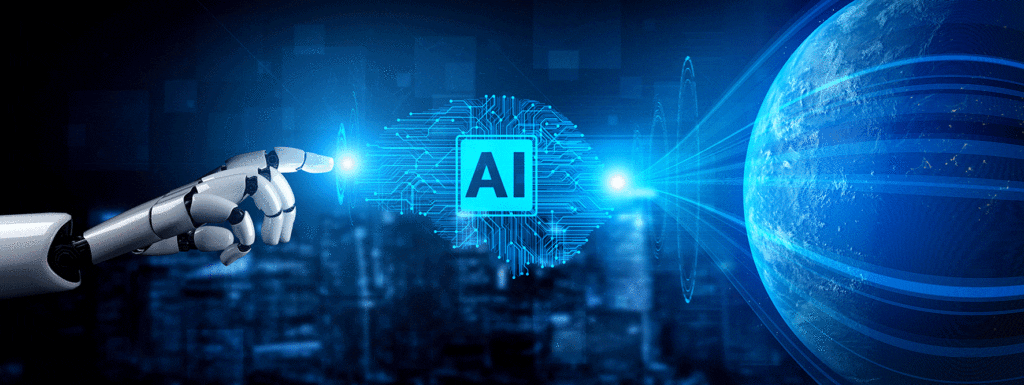
Last few years ago, the industrial revolution is the most popular evolution ever faced by the industrial sector. It encompasses all the latest technology trends which affecting industries over the world. Autonomous cars, smart connected devices, sensors, computer chips, and many other technologies represented this transformation. This happens due to the manufacturing industry has been always open to adopting new innovations. Artificial Intelligence in Manufacturing is one of them.
Artificial Intelligence in Manufacturing: Why we need it?
- In manufacturing, ongoing maintenance of production line equipment and machinery represents the main expense, having a big impact on any organization. Also, unplanned downtime of production lines costs in billions per year. Owing to this reason, predictive maintenance which uses advanced artificial intelligence adopted by manufacturers.
- In today’s very short time of market deadlines with the high complexity of products, manufacturing companies are finding very hard to maintain good quality on given standards and regulations. With the help of artificial intelligence in manufacturing, manufacturers can achieve the best quality production of goods.
- As millions of job taken over by robots, workers will be trained for advanced positions in programming, design, and maintenance. In this periodical phase, human-robot integration will have to be efficient and safer as robots entered the manufacturing floor alongside human workers and artificial intelligence may fulfill this requirement.
Get a PDF Brochure For Extensive Insights
Artificial Intelligence in Manufacturing: How Artificial Brain Transforming the Manufacturing Industry
There is no doubt that AI holds the key to future growth and success in the manufacturing sectors. Almost 50% of manufacturers classified artificial intelligence as “highly important” in their factories for the next five years because AI facilitates to conquer different challenges from decision making to issues related to overloaded information. Making use of AI in manufacturing companies enables to completely transform their proceedings. Let’s have a look at how AI is helping the industrial sector…
- Directed Automation
- 24×7 Production
- Safer Operational Environment
- Facilitate enhanced production outcomes
- Advance process effectiveness
- Minimize operational costs
- Facilitate superior scalability
- Facilitate product development
- Novel Opportunities for Humans
- Condensed Operating Costs
- Creates rapid, data determined decisions
Artificial Intelligence in Manufacturing: Future Trends
In near future, AI will impact the industrial sector in ways which we have not to get but we can already look at some more noticeable results. There are two great trends may coming which include, AI with computer vision and secondly utilization of AI with IoT in manufacturing.
Artificial intelligence is widely adopted by the manufacturers in the industries such as pharmaceuticals, automobile, food and beverages, and energy and power. Increasing venture capital investments, growing demand for automation, and rapidly evolving industries and industrial IoT are believed to be driving the global artificial intelligence in manufacturing market. Along with these, growing demand for hardware platforms, and increasing need for high-computing processors to run a wide range of AI software are also expected to propel the global artificial intelligence in manufacturing market. AI in manufacturing industry helps in collecting and handling big data. Thus, it is extensively used in various manufacturing applications such as machinery inspection, cybersecurity, quality control, and predictive analytics. All such factors are expected to boost the global artificial intelligence in manufacturing market.
Artificial Intelligence in Manufacturing: Final Thought
AI is just an evolutionary form of automation which is a predictable result of the 4th industrial revolution. It may be efficient at creating new things and making them cheaper by improving their quality. But is no chances of replacement of human.
